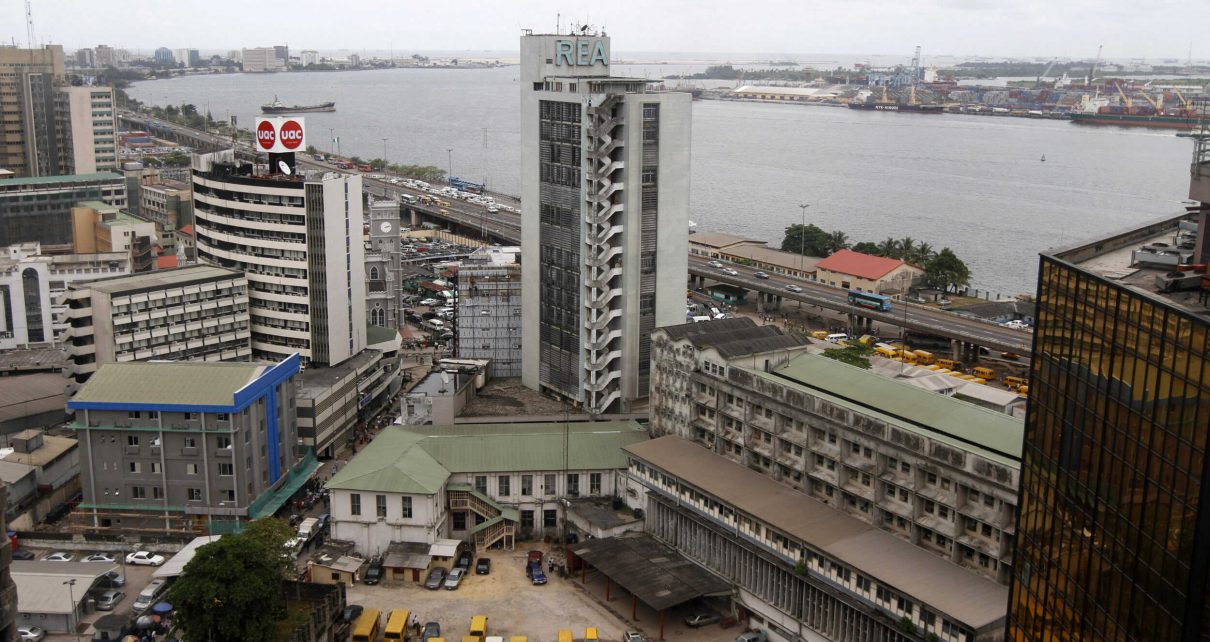Dr Nasir Sani-Gwarzo, Permanent Secretary, Federal Ministry of Industry, Trade, and Investment (FMITI) says the nation will soon have better, simpler regulations for business and stronger protection of property rights.
Sani-Gwarzo said this was to ensure ease of doing business in the country.

He gave the assurance at a Sensitisation Workshop on Improvement of Business Enabling Environment and Industrial Growth, on Thursday in Lagos.
Sani-Gwarzo, represented by Mr Samuel Alabi, Director, Human Resources, FMITI, said these regulations were in areas of enforcing contracts, resolving insolvency, starting a business, registering property, paying taxes and trading across borders.
“We are taking our cue from the world bank reform activities undertaken for Ease of Doing Business.
“To achieve all of these, we urge for a changed mindset of citizens in the implementation of all government policies and executive orders,” he said.
Also, Mr Battah Ndirpaya, Head, Public Private Partnership (PPP) Unit, FMITI, said that the implementation of the principles of Executive Orders 001 and 003 would improve the nation’s ease of doing business ranking.
He said it would also help to achieve industrialisation.
Ndirpaya said the promotion of transparency and efficiency, principles of Executive Order 001, would remove bureaucratic constraints to doing business in Nigeria.
He said Order 001 contained far reaching policies with direct benefits for Nigerian businesses.
According to him, it is a proof of government’s commitment and determination to ease the business environment.
The Unit Head said the five pillars of Executive Order 001, which are transparency, default approval, one government, ports operations, and entry experience of travelers and visitors, were pertinent to achieving a business enabling environment.
“All ministries, departments and agencies (MDAs) shall publish a complete list of all fees, timelines, conditions and requirements for obtaining permits, licences and approvals.
“When a government works as one enterprise, it leads to a more efficient public sector, improved integrated services for citizens and enterprises, more transparent public processes, and more access to public information,” he said.
On ports operations, Ndirpaya urged all agencies at the ports to harmonise operations into one single interface station, in one location at the ports.
“Ports are important, as around 80 per cent of global trade by volume and over 70 per cent of global trade by value are carried by sea and are handled by ports worldwide.
“The new single interface solution at the ports shall supply weekly data on goods arriving and departing Nigeria to the head of the MDA and head of the National Bureau of Statistics,” he said.
Speaking on outcomes of Executive Order 001, Ndirpaya said Nigeria was among the 10 top improvers in the latest ease of doing business rankings.
He said that Foreign Direct Investment (FDI) increased from $3,064,167.00 in 2016 to $3,299,000.00 in 2019.
“The little effort made has brought substantial result so you can imagine what will be achieved if 50 per cent of this policy is implemented,” he said.
Also, Mrs Abimbola Olufore, Special Adviser to the Minister, FMITI, said Nigeria had implemented more than 140 reforms over the past four years to make doing business in Nigeria easier.
Olufore said 32 Nigerian states led by Kaduna, Enugu, Abia, Lagos and Anambra had improved their ease of doing business environment.
“An independent Ease of Doing Business (EoDB) survey adjudged Nigeria’s reforms as impactful in terms of reduction in time, cost and procedures of doing business,” she said.
Olufore highlighted key activities in delivering the PEBEC mandate and the other priority projects assigned to the Ministry.
She said they include the full activation of the private sector-led six Special Economic Zones (SEZs).
Others are the review the PEBEC mandate and implementation of a four year business environment transformation roadmap, and ensuring credit access to 10 million MSMEs at single digit rate among others.
“As at May 2020, BOI had disbursed N12.4 billion to 978 MSME businesses year-to-date across several sectors.
“We have also secured approval to implement a N100bn MSME Intervention Fund, as part of the Economic Sustainability Plan, to provide support to key sectors impacted by the pandemic.
“These sectors are Healthcare; Agro Processing; Creative Industry; Oil & Gas; and female-owned businesses,” she said.
Olufore also said the ministry had concentrated on the implementation of a robust electronic registration and payment system by the Corporate Affairs Commission, for more efficient business registration processes.
“All fresh registrations and payments are now processed electronically within 24 hours.
“There is the integration of the Company Registration Portal (CRP) with the Electronic Stamping Portal of the Federal Inland Revenue Service (FIRS), for seamless processing of registration applications.
“We have also recorded the successful implementation of the Business Incentive Strategy (BIS) which reduced cost of registration of business by 50 per cent to enable MSMEs formalise their businesses,” she said.
Speaking on the nation’s readiness for the Africa Continental Free Trade Area (AfCFTA) scheduled for take off in January 2021, Olufore said the ministry was working assiduously to ensure national confidence in the ratification process.
She also revealed the ministry’s collaboration with the private sector on readiness to prevent products cannibalism and pave way for comparative and competitive advantage of the nation’s products.
She urged stakeholders to embrace technology and improve knowledge.
Olufore advised them to embrace new global best practices in operational processes.
“The ministry has begun focusing on the automobile sector, value addition in agricultural processes, cotton, textile and garment manufacturing to engender backward integration,” she said. (NAN)


